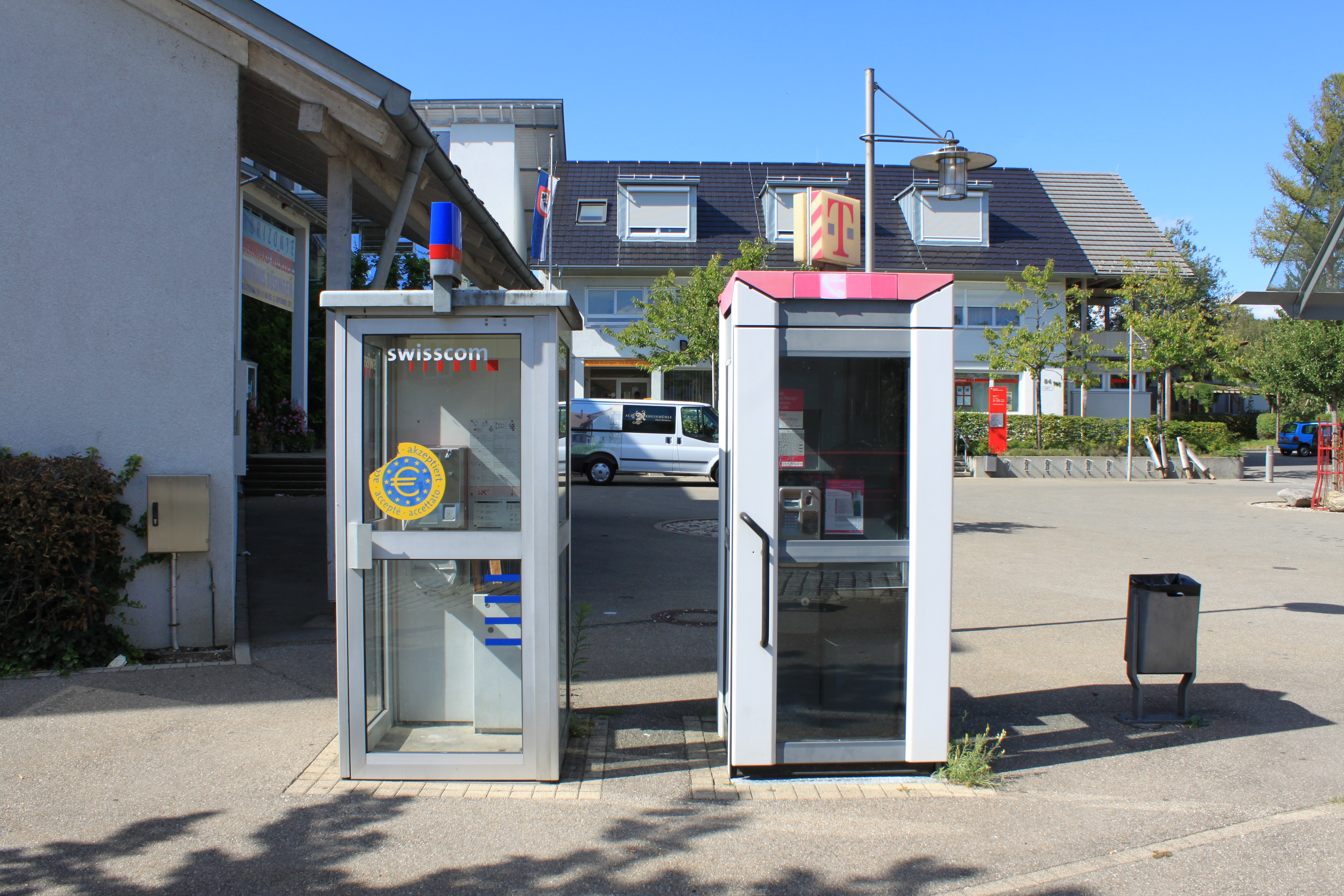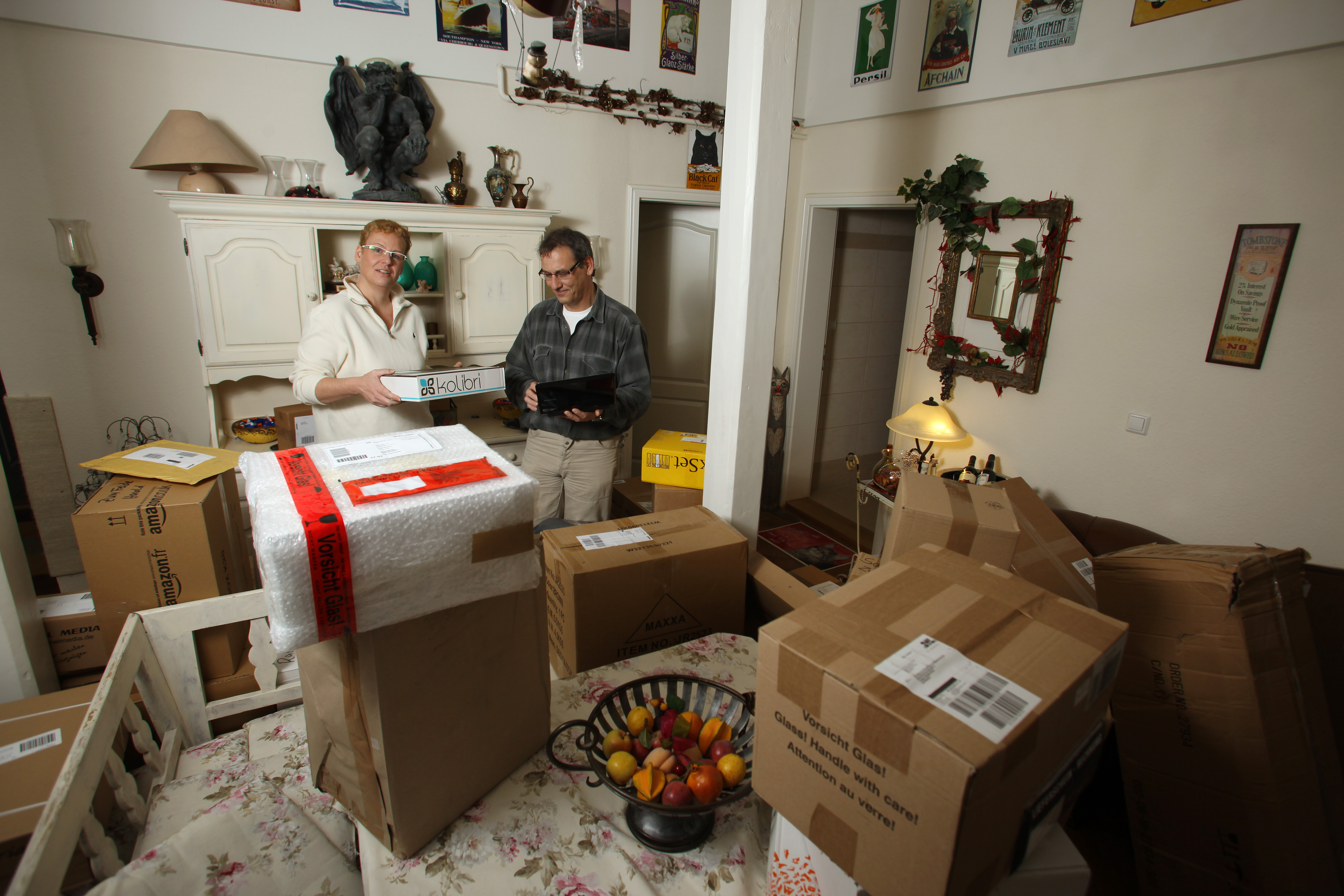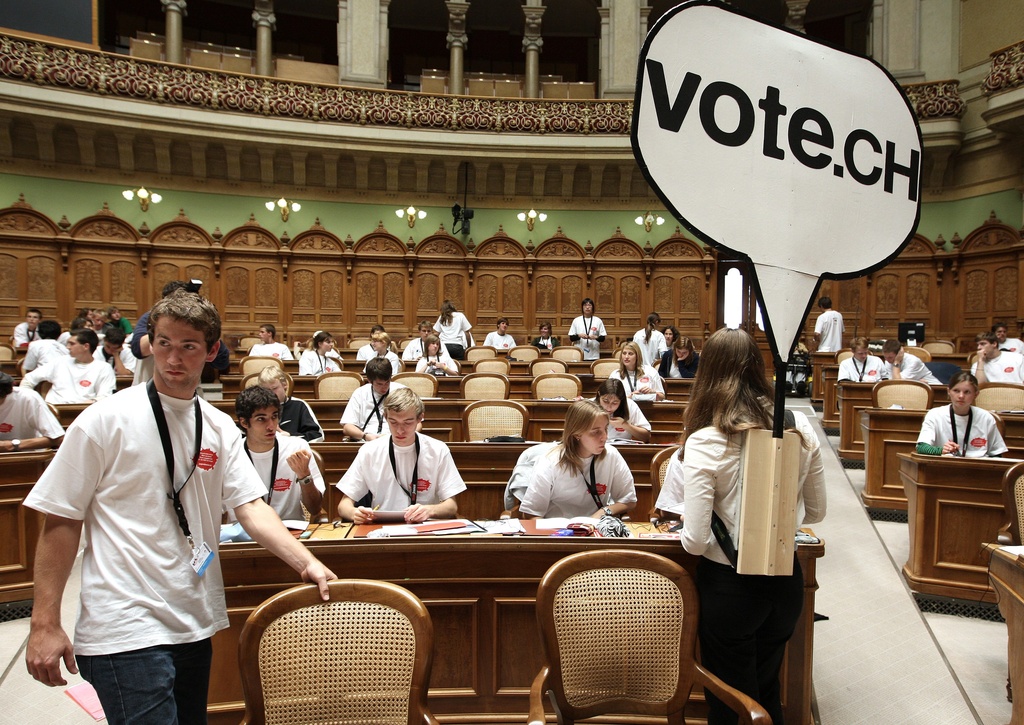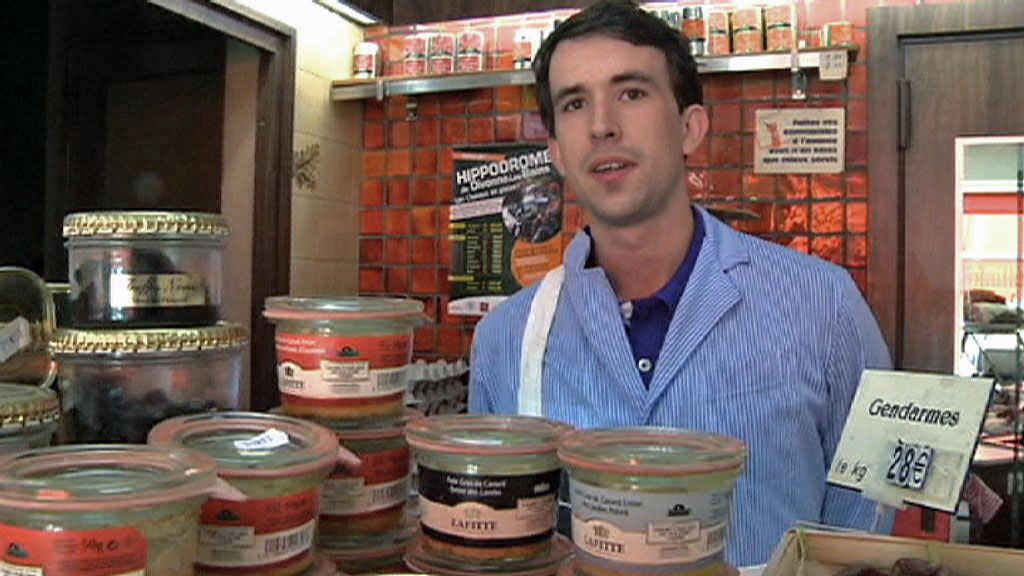Geographical oddity squeezed by strong franc

They pay their taxes in euros but go shopping with francs – the inhabitants of Büsingen, a German enclave near Schaffhausen, are being doubly hit by the strong franc.
This leafy village of 1,400 on the banks of the River Rhine is enjoying a late-summer’s afternoon. A group of day-trippers are sitting by the open-air pool. Sausages, bread and beer – all from Switzerland – are ordered in Swiss German and paid for with francs.
Yet for the residents of Büsingen, which belongs to Germany but is surrounded by Switzerland, the record-strong Swiss franc is generating even more heat than the summer sun.
One pensioner mutters to his friend that he’s heard the mountain railway in Davos is feeling the pinch because of the strong franc – “if this continues, the Germans will no longer be able to go on holiday in Switzerland”.
But the currency markets are having an effect closer to home than the railways of Davos: the two pensioners get paid in euros, and as a result of the euro crisis their purchasing power has been reduced. Not only everyday items but also their rent is paid in francs.
“The euro’s loss of value will be the end of us,” they say and order another beer.
Official currency
Around 90 per cent of people from Büsingen work in Switzerland, in other words their wages and social insurance are in hard francs.
The problem is that the German taxman wants euros, and the greater the value of the franc, the more their income in euros drops. In addition, the tax progression in Germany is particularly distinctive.
Gunnar Lang – along with the priest, teachers, bank and post office workers – is an exception. As mayor of Büsingen, he is paid in euros.
“My wife looks after all the money and when she goes shopping she has to change into francs. She’s not happy at all about the high franc,” he said.
“The currency is not covered in the treaty between Germany and Switzerland. Therefore German law counts and the euro is therefore the official currency in Büsingen. In everyday life, however, that’s certainly not the case – the franc is dominant. Büsingen belongs to the Swiss customs area and the businesses and restaurants have to sell Swiss goods. To offer these in euros – that just isn’t done.”
Whether the locals earn euros – like a small minority – isn’t important. The strong franc upsets everyone: most when it comes to taxes, some for everyday expenses.
Shopping tourism
In addition, the few shops in the village – like all villages along the Swiss border – are faced with the phenomenon of shopping tourism.
The euro has never been cheaper – and neither has the discount store in the neighbouring German village.
“We notice the amount of traffic passing through to do their shopping in Gallingen. Sundays are quiet. Shopping tourism is very intensive – and it’s increased,” Lang said.
The lucky ones, according to Lang, are the farmers. “Agriculture in Büsingen is largely covered by Swiss law. Our farmers are allowed to sell their produce in Switzerland and receive direct payments from Switzerland. Although those [payments] are only 80 per cent compared with their Swiss colleagues, farmers have a better deal here than in ‘normal Germany’.”
Unique
The “abnormal” situation of the enclave can be seen in the various oddities. Büsingen has two phone networks: one German, the other Swiss. In front of the mayor’s office are both German and Swiss telephone booths.
When fire-fighters are called out, they take two hydrants keys with them. “A few German hydrants exist,” Lang said. “But if we build a new one, it’s Swiss.”
A more serious problem in public life is the fact that Swiss who live in Büsingen don’t have any communal democratic rights.
“Anyone who moves here from a European Union country has these rights, but Swiss who’ve lived here for generations can neither vote nor be elected,” Lang said.
“When it comes to local council elections, it’s not easy for us as a small locality to find suitable candidates. And when one is found – they’re Swiss! It’s a problem that we have to solve bilaterally.”
Staying put
Since the introduction of free movement, many Germans have moved from Büsingen to Switzerland to benefit from the lower taxes, but Lang says it’s inconceivable that he’d do that.
He also can’t imagine the world’s only German enclave ever becoming part of Switzerland. “That would require a change in both countries’ constitutions, and that’s not realistic.”
He added that the politicians in Berlin had bigger concerns “and there isn’t the time or space to change anything for such a small community.”
The story of how Büsingen became a German enclave is complex. The village once even belonged to Austria.
Wars over the centuries complicated the general border situation of canton Schaffhausen.
After the Second World War, 96% of Büsingen residents demanded integration into Switzerland.
As there were differences of opinion between Germany and Switzerland about the whole area, Büsingen has remained a German enclave.
The village size is 7.62 sq km or about four times bigger than the principality of Monaco. The length of its border is 17.141 km.
123 boundary stones mark the border between Büsingen and the surrounding Swiss communities.
The municipal administration is housed in what is known affectionately or not as “the glass palace”.
Büsingen has two postal codes: D-78266 (German) and CH-8238 (Swiss).
Although Büsingen belongs to the administrative district of Konstanz, it has its own car number plates, which begin with BÜS.
You can only reach the village from Germany by crossing the Swiss border. From Switzerland, you can reach it without border controls.
Under the treaty between Germany and Switzerland which came into force in 1967, Büsingen is integrated into Swiss customs territory.
Swiss regulations apply to farming/agriculture.
Switzerland is responsible for food and supplies for the population of Büsingen in a state of emergency.
In health care certain sectors, for example the inspection of food and drugs, also fall under Swiss law.
(Adapted from German by Thomas Stephens)

In compliance with the JTI standards
More: SWI swissinfo.ch certified by the Journalism Trust Initiative




You can find an overview of ongoing debates with our journalists here. Please join us!
If you want to start a conversation about a topic raised in this article or want to report factual errors, email us at english@swissinfo.ch.